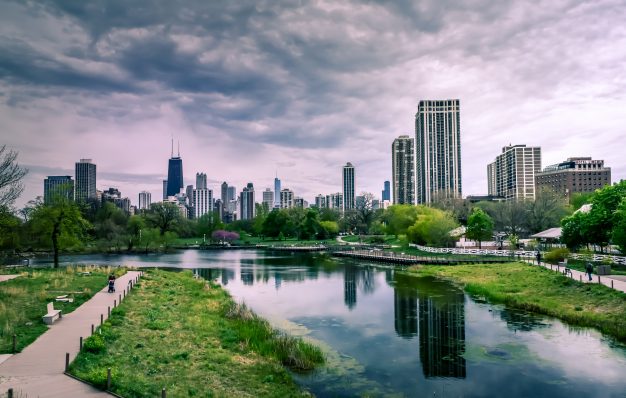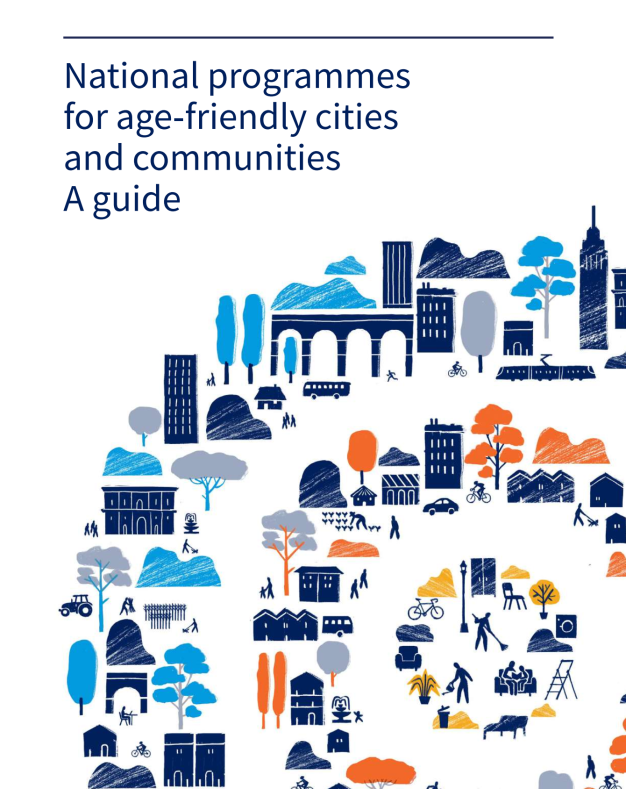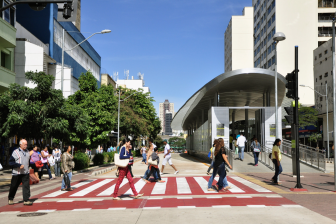
WHO: A new guide on developing national programmes for age-friendly cities & communities
A new guide by the World Health Organisation (WHO) highlights how children’s interests can be successfully incorporated within ‘age friendly cities and communities’.
‘Our physical and social environments are major influences on how we experience ageing and the opportunities it brings,’ says WHO, which takes a practical, step-by-step approach in order to assist policymakers.
‘Creating age-friendly environments enables all people to age well in a place that is right for them, continue to develop personally, be included, and contribute to their communities while enabling their independence and health.
‘Cities are where policy meets people’
‘Developing age-friendly cities and communities (AFCC) is a proven way to create more age-friendly environments – for everyone. This guide provides direction to national authorities and stakeholders responsible for or involved in forming or sustaining national programmes for AFCC’.
The guide includes suggestions for meaningful engagement of older people in creating age-friendly environments, detailed examples of existing national AFCC programmes, and practical steps for creating or strengthening such a programme. The vision of this guide is for all countries to establish a national AFCC programme by the end of the UN Decade of Healthy Ageing (2021–2030) – neighbourhood by neighbourhood, city by city, and country by country.
Improved access to transport, public buildings and public spaces, along with improved IT, can facilitate the inclusion and participation of various population groups, such as the parents of young children.

The guide also highlights the benefits of ‘intergenerational partnerships’, an example being regular meetings between children/adolescents’ councils and those representing older people.
‘Cities and communities are where policy meets people and the most radical experience of humankind in transforming its own reality. Any discussion of future cities or communities is therefore intrinsically linked to questions about the society to which humans aspire’, says the guide.
‘Provides direction to authorities’
‘The hope for the future is that people will transform themselves by transforming the environments in which they live, work, play and grow older through the exercise of collective power and a common vision of making their cities and communities good places in which to grow older, for this and future generations’.
Federico Batista Poitier, of United Cities and Governments, the world’s largest local government umbrella organisation, says in the guide: “A good way to get started is to have peer-to-peer exchange where people can understand the trajectory others took and what has worked or not worked for them. We should also not try to build everything at once but bring all our resources and start step by step, as one, together.”
Click here to download the guide (PDF format)




